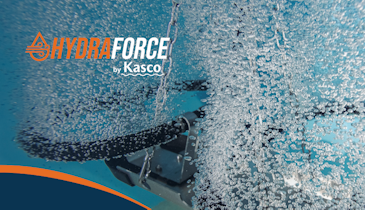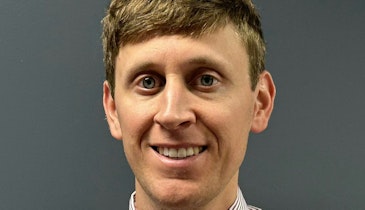Milton Bradley has nothing on the City of Tacoma, Wash., and its EnviroChallenger educators. With their custom-made Toxic Toilet board game, educators Jacqueline Fuller and John Inch coach elementary school students to roll the dice and move block by block through the sewer system....
Getting the Scoop
With a roll of the dice, students in Tacoma travel through a sewer, then a wastewater treatment plant, negotiating hazards along the way
Popular Stories
Discussion
Comments on this site are submitted by users and are not endorsed by nor do they reflect the views or opinions of COLE Publishing, Inc. Comments are moderated before being posted.





